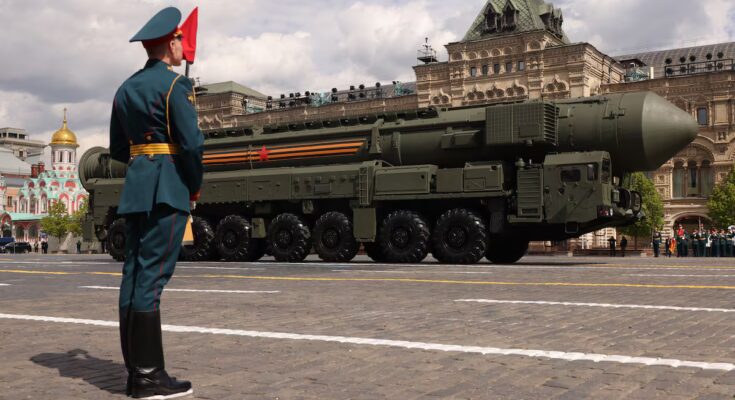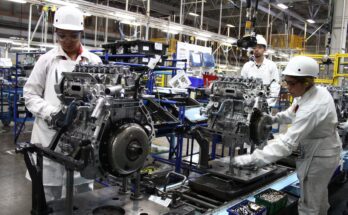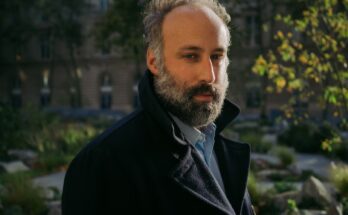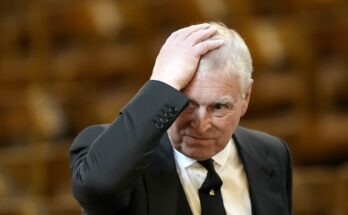Russian President Vladimir Putin has warned American Donald Trump that his country will test weapons of mass destruction again if Washington takes the first step. A few days ago Trump ordered the resumption of nuclear weapons tests – paralyzed for more than 30 years – after the Kremlin itself had tested new missiles and underwater drones capable of bringing the apocalypse tens of thousands of kilometers away. In less than three months, both presidents went from the camaraderie staged during their meeting in Alaska in August to exchanging threats to detonate nuclear bombs.
“If the United States or other participants in the Comprehensive Nuclear-Test-Ban Treaty (CTBT) carry out these tests, Russia must also take appropriate measures,” Putin stressed before the Russian Security Council on Wednesday. “Russia has always strictly respected its obligations under the treaty and we have no intention of violating them,” the Russian leader assured top officials of the nation’s security and defense apparatus. But he then clarified that Moscow will consider the pact a dead letter if another country does not respect it.
The Russian authorities thus sent a clear message to Washington, while leaving open the possibility of backtracking. Some members of the Russian Security Council said it was unclear what Trump meant when he announced through his social network the resumption of American tests “on equal terms” with “nuclear test programs carried out by other countries.”
What was supposed to be a regular meeting of the Russian Security Council on transportation issues suddenly became a warning to the United States through appeals to Putin by its top officials.
In his speech, State Duma Chairman Viacheslav Volodin spoke about the alleged necessity of nuclear tests. Subsequently, Defense Minister Andrei Belousov said that his forces are ready to detonate a nuclear warhead.
“It is advisable to immediately begin preparations for large-scale nuclear tests. The availability of the Novaya Zemlya test site allows for their rapid implementation,” Belousov said.
This archipelago in the Arctic Circle was one of the Soviet Union’s major nuclear test sites. Moscow has not carried out any tests, at least officially, since 1990, the year before the collapse of the USSR. Both the Kremlin and the White House signed the treaty in 1996 with a commitment to end all nuclear testing, but the US Parliament never ratified it and Putin revoked its approval in 2023.
Both the former defense minister and current president of the Russian Security Council, Sergei Shoigu, and the head of foreign intelligence, Sergei Narishkin, said they had unsuccessfully tried to obtain information from their American counterparts. “We do not fully understand the measures and actions that the United States will take,” Shoigu admitted.
Quality leap
Despite the good words that Putin and Trump exchanged during negotiations on the future of Ukraine, their arms race has taken a quantum leap this year.
Trump announced in May the future deployment of a space-based anti-missile system whose initial cost is estimated at $175 billion. Its Golden Dome, consisting of an advanced network of satellites and interceptors, will, in theory, protect the entire territory of the United States from a possible attack anywhere on its border.
Russia, for its part, has in recent days tested two weapons that Putin defined as “invincible” during his presentation to the world in 2018. These are the Poseidon underwater drone and the 9M730 Burevestnik missile, both powered by nuclear engines. Despite its slow speed, less than that of sound, its strong point is its unlimited range: the Poseidon can sail thousands of kilometers without being detected, and the Burevestnik is capable of encircling the entire Pacific to attack the least defended southern flank of the United States.
However, Trump’s Golden Dome is capable, at least in theory, of defusing this threat. This strategic imbalance provoked the ire of Putin, who stressed in September that he did not even rule out a military escalation. “I emphasize, and no one should doubt this, that Russia is capable of responding to any existing or emerging threat, and this response will not be verbal, but through the use of military-technical measures,” the Russian leader then noted.



